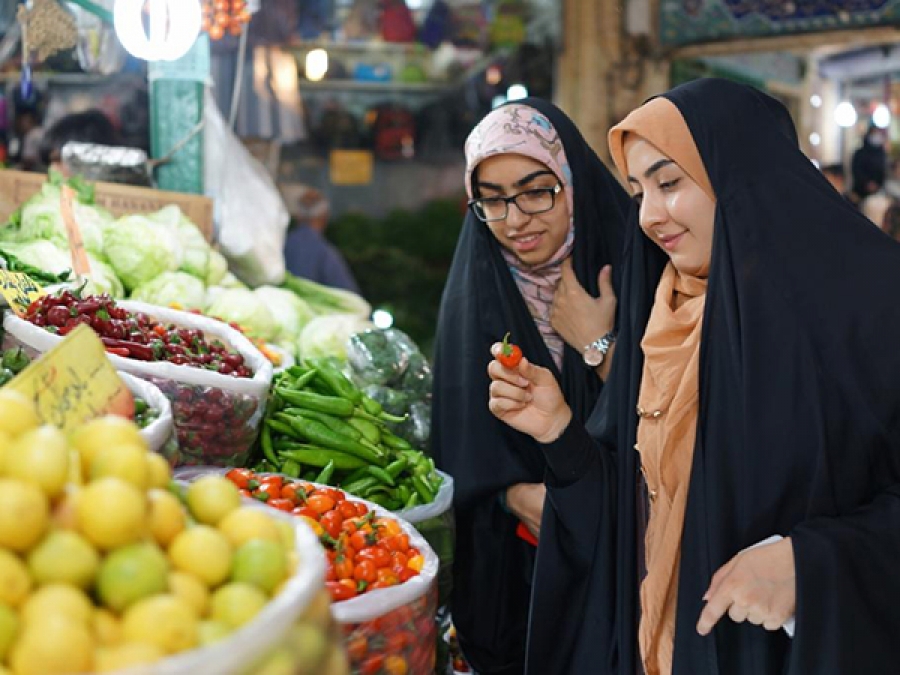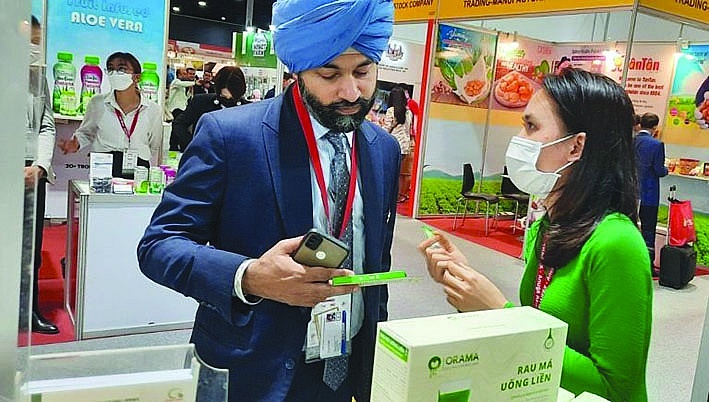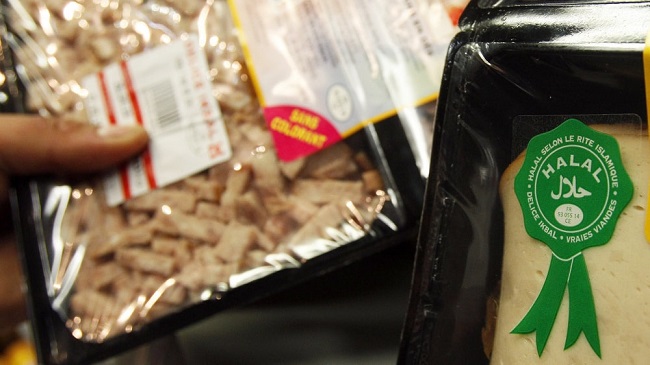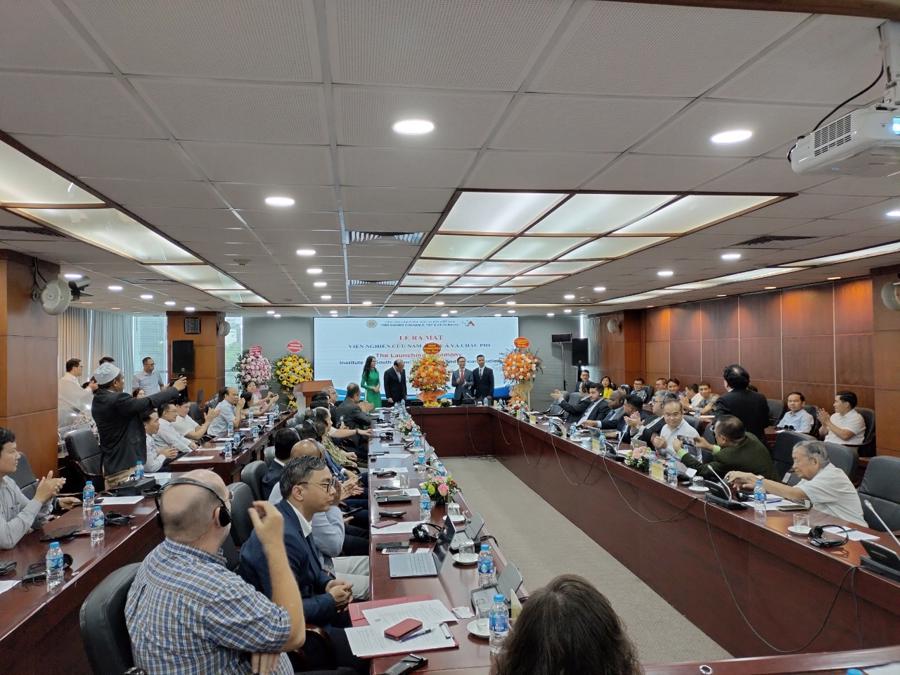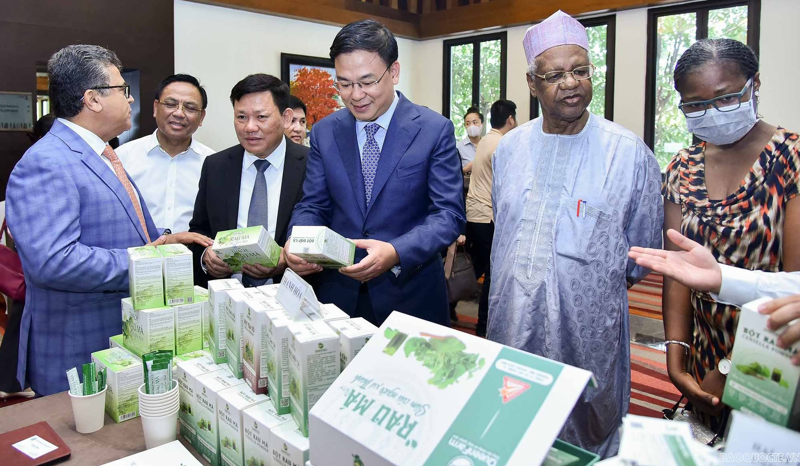(VietQ.vn) – In the near future, the National Standards and Quality Measurement Committee will continue to research and refine the national standard system for Halal products and services, based on the harmonization of international, regional, and importing countries’ standards. This national standard system will assist Vietnamese businesses in accessing information and understanding the regulatory requirements for the Halal market and its products and services.
Specific Characteristics of the Standards
Currently, with over 1.9 billion Muslim consumers, accounting for about one-quarter of the global population, the Halal product market is rapidly expanding. Halal, derived from Arabic, means “permissible,” and Halal products are those that comply with Islamic law. In contrast, Haram means “unlawful” or “forbidden.”
Halal and Haram are terms that apply to all aspects of a Muslim’s life. For Muslims, Halal products are not just a preferred choice but also a religious obligation. Muslims only consume Halal products. Halal products are not limited to food, as commonly thought, but cover a wide range of sectors, including pharmaceuticals, cosmetics, fashion, tourism services, banking, finance, and logistics.
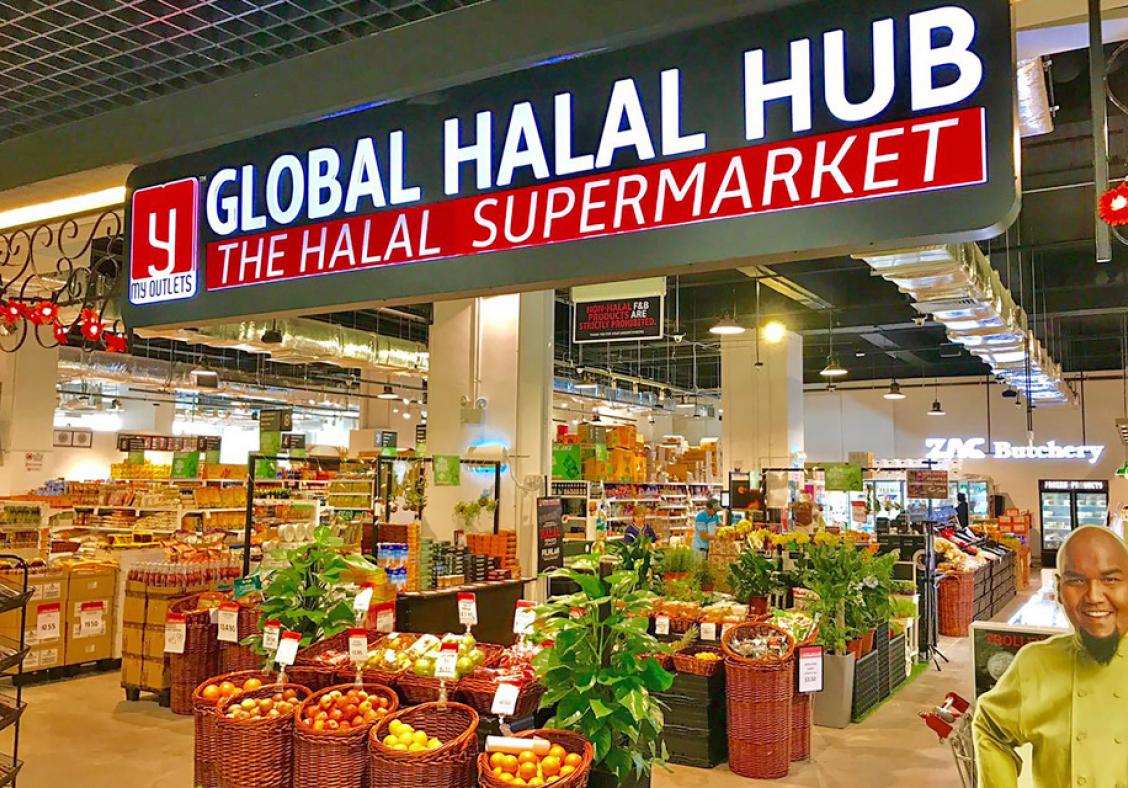
In recent times, Vietnam has been known for its great potential to export Halal industry products due to several factors, such as its advantageous geographical location close to major Halal markets in Southeast Asia and Asia, its strengths in food, tourism, and services, and its developed agriculture with many high-quality agricultural products. Vietnam also has a modern food processing industry that can meet the strict requirements for Halal products.
Additionally, Vietnam is a vast market with extensive and comprehensive international economic integration through its participation in a series of new-generation Free Trade Agreements (FTAs) such as the EU-Vietnam Free Trade Agreement (EVFTA), the Comprehensive and Progressive Agreement for Trans-Pacific Partnership (CPTPP), and the Regional Comprehensive Economic Partnership (RCEP). These agreements are essential in helping businesses access demanding markets with high standards, such as the EU, thereby promoting the export of Vietnamese products, including those in the Halal sector.
Compared to the requirements of other markets, Halal standards are quite unique. Apart from the basic requirements related to production control systems and personnel, Halal manufacturing companies must also meet other specific requirements. For example, products must not be Haram (forbidden) or contain any Haram ingredients according to Shari’ah law and the Quran. Production lines must be separate for Halal and Haram products. For businesses producing animal-related products (excluding seafood), stricter requirements are mandatory.
Refining National Standards for Halal Products and Services
Ms. Ho Thi Loan, Business Director at Nafoods Group JSC—a company that has been tapping into the Islamic market—explained that Halal standards are the “key” for businesses to enter the Muslim consumer market. Nafoods Group has recognized this and applied Halal standards since the beginning of their business expansion.
“For example, in juice, frozen fruits, and natural, pure products, the ingredients used do not contain Haram substances and are produced in a quality-assured process, making it easier to obtain Halal certification. However, dried or canned fruit products that use added ingredients like sugar require more stringent evaluations. For instance, the sugar used must have Halal certification issued by a reputable organization,” said Ms. Loan.
On the government side, Mr. Nguyen Van Khoi, Director of the Standards Department at the National Standards and Quality Measurement Committee, stated that Vietnam has issued five national standards (TCVN) in the Halal field, including:
– TCVN 12944:2020 Halal Food – General Requirements
– TCVN 13708:2023 Good Agricultural Practices – Halal Producers
– TCVN 13709:2023 Halal Feed
– TCVN 13710:2023 Halal Food – Animal Slaughter
– TCVN 13888:2023 General Requirements – Halal Conformity Assessment Organizations
To support businesses in accessing accurate information on Halal standards in various markets and certification requirements, on April 24, 2024, the Center for Conformity Certification (QUACERT) announced the establishment of the National Halal Certification Center – HALCERT, a unit under the Center for Conformity Certification and the National Standards and Quality Measurement Committee.
Mr. Bui Ha Nam, Director of the Middle East and Africa Department, Ministry of Foreign Affairs, stated that establishing the National Halal Certification Center – HALCERT is a significant milestone in comprehensively, systematically, and professionally building and developing Vietnam’s Halal industry. It is also an important step in implementing the “Project to Strengthen International Cooperation to Build and Develop Vietnam’s Halal Industry by 2030,” which was approved by the Prime Minister on February 14, 2023.
In the near future, the National Standards and Quality Measurement Committee will continue to research and refine the national standard system for Halal products and services, based on the harmonization of international, regional, and importing country standards. This national standard system will assist Vietnamese businesses in accessing information and understanding the regulatory requirements for the Halal market and its products and services.

